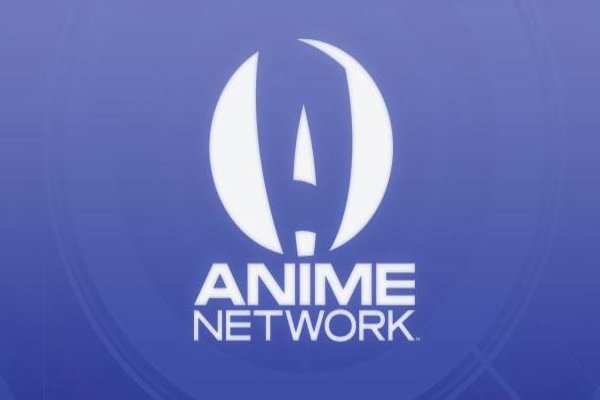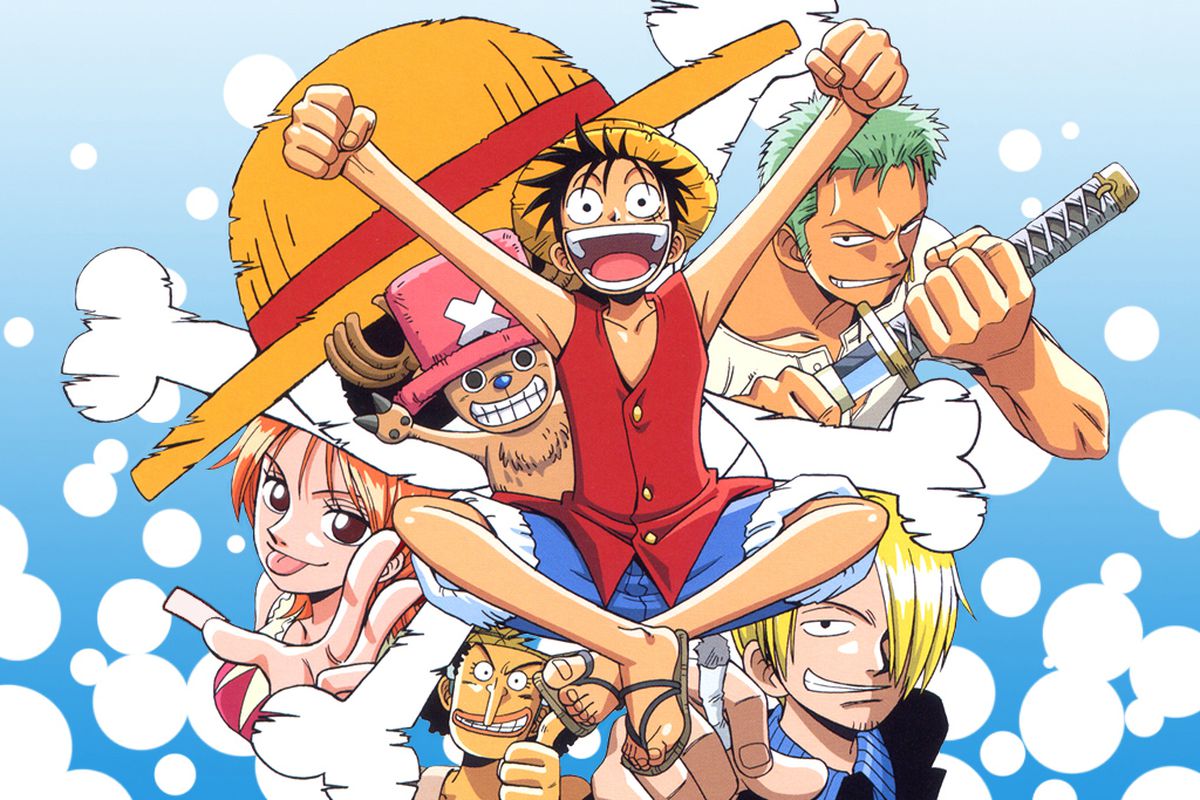Fansubs and scanlations have been around since the late ’70s. Back then, Americans would record shows like Star Trek and Battlestar Galactica and exchange them with Japanese fans for anime. Over time, the VHS recordings would be translated and further shared with fans.
Fansubbing and scanlations are the reasons why anime and manga became widely popular in the United States. Japanese companies used the fangroup work to test the market for an official release. Generally speaking, as soon as an official release was made, fangroups shut down their translations and distributions. That is why once-illegal sites like Mangafox and Crunchyroll take down their content once there is an official release. Scanlations and Fansubs are not-for-profit and freely released.
Basically, once money enters the equation (through cutting into sales or fans selling their translations) copyrights are strongly enforced.
Fansubs and scanlations are grey areas. Technically, they are illegal because they distribute copyrighted content without permission. However, companies have mostly turned a blind eye to the works because of their usefulness for testing the market.Fan-made comics (called dojinshi) based on official manga are sponsored by manga publishers in Japan despite being copyright violations.
Recently, fan-works have started to compete with official releases as companies simultaneously release English dubs and translations concurrently with the Japanese release.
This is a victory for fans because their work has forced companies to see the demand for anime and manga in other countries. It is also a defeat; now fangroups are becoming unneeded.
So are fansubbing and scanlation piracy? Legally, yes. However, it mainly depends on how much manga publishers decide to pursue it. As long as fan-work doesn’t hurt sales or detract from profitability, it is doubtful publishers will do anything against it. It still acts as free marketing for publishers; it primes the waters for future fans and official releases. Many sites like Crunchyroll now work with content publishers while still maintaining a library of fansubbed content.
Fan driven distribution allows companies to see how well different methods work without investing in them. Simulcasts are one outcome in addition to the creation of anime networks like Neon Alley.
Copyright enforcement is increasing. FUNimation back in 2008 took down 20,000 clips of content from steaming sites and BitTorrent networks. The use of Cease and Desist letters has also increased in recent years.
In any case, manga and anime publishers know “pirates” are vital in promoting the transnational anime and manga markets. The trick is finding a balance; it is up to the fans to keep to their ethics and stop distribution of content when it is officially released. It is also up to the fans to not consume fansubs and scanlations when there are official publications. Companies produce manga and anime as long as they remain profitable. It is up to us, the fans, to keep the market healthy by purchasing content as much as possible. Mangaka have to eat! The people who work Tokyopop and FUNimation have to eat!
We can continue to push for more content releases by sending requests to the companies and, yes, still subbing and scanlating ethically. We need to keep in mind that we are partners with the people who create our favorite anime and manga. If we don’t do our part, they cannot continue to make the stories we enjoy.
Bottom line: It is wrong to read scanlations and watch fan subs without purchasing the content through legitimate channels when they are available.
References
Denison, R. (2011). Anime fandom and the liminal spaces between fan creativity and piracy. International Journal Of Cultural Studies, 14(5), 449-466. doi:10.1177/1367877910394565
Jenkins, H. (2006). When Piracy Becomes Promotion. Reason, 38(7), 78-79.










While there is larger than ever amount of manga being translated it still leaves literally hundreds behind never to be translated. I mean I can name a large list of manga that currently has no legal translation and show no sign of a legal translation coming. The fact remains that people by large do this for manga that isnt likely to get translated soon. Ive read soooo many one shots because someone recognized how amazing it was and wanted more people to do the same, i really cant wait for a day where its a two second process to produce raws and translated pieces at the same time across the board but there is a long way to go. Agree 100% with the supporting the industry when you can, i actually buy manga a lot.
You touch the reason why manga publishers look the other way in most cases of scanlations. It allows the publishers to test a market without a cost. However, if the companies decided to crackdown on scanlations, they would have every legal right to do so. I don’t foresee that happening. There is much to gain from allowing scanlations of stories that haven’t seen a wide release.
>However, if the companies decided to crackdown on scanlations, they would have every legal right to do so.
Sure, yet trying to do so would do absolutely nothing except cost them money and good will.
Companies will aim to balance which will hurt their profit margin the most. The monetary costs tend to be smaller than people believe because large publishers tend to have lawyers already on payroll. Nintendo is a good case in point; the company tends to crack down on a lot of things, at the cost of goodwill, but they deem the threat to their IPs as a greater cost than goodwill. And so far they’ve been correct.
I was worried about this article until the very end. I don’t like the word technically in front of illegal. That’s like the term ‘a little’ in front of pregnant. With mangaka under increasing financial pressure through lost royalties, scanlations are becoming a threat to having content to read. I work as a Localizer for Digital Manga and am familiar with the other companies involved in bringing more Japanese content in English to the west. They all acknowledge the service fan groups has done in making this content known in the US and other countries. But now we have what we all claimed we wanted — access to titles published or airing in Japan. In some cases, this access is simultaneous. There are cheap ways to watch anime legitimately, and manga isn’t expensive in ebook form. If fans really love this content and the people who make it, they should get it through proper channels so these artists can get paid. Period.
I thought about dropping the word “technically” but decided to keep it to soften the blow a little for some readers.
I certainly agree that we need to purchase manga and anime as much as possible. There are still some titles that are unavailable, so fan groups still have a (dwindling) role to play. For those of who can’t afford to buy materials, librarians are receptive to requests. It is a good way to support both libraries and the manga/anime industry.
>But now we have what we all claimed we wanted — access to titles published or airing in Japan
We still don’t have that now, let alone back in 2013. lmao
We still don’t have that now for a lot of things*
You’re right that we don’t have as many releases as we could have in the West. But the situations has improved compared to the past, especially if you consider the early 2000s and the 1990s.